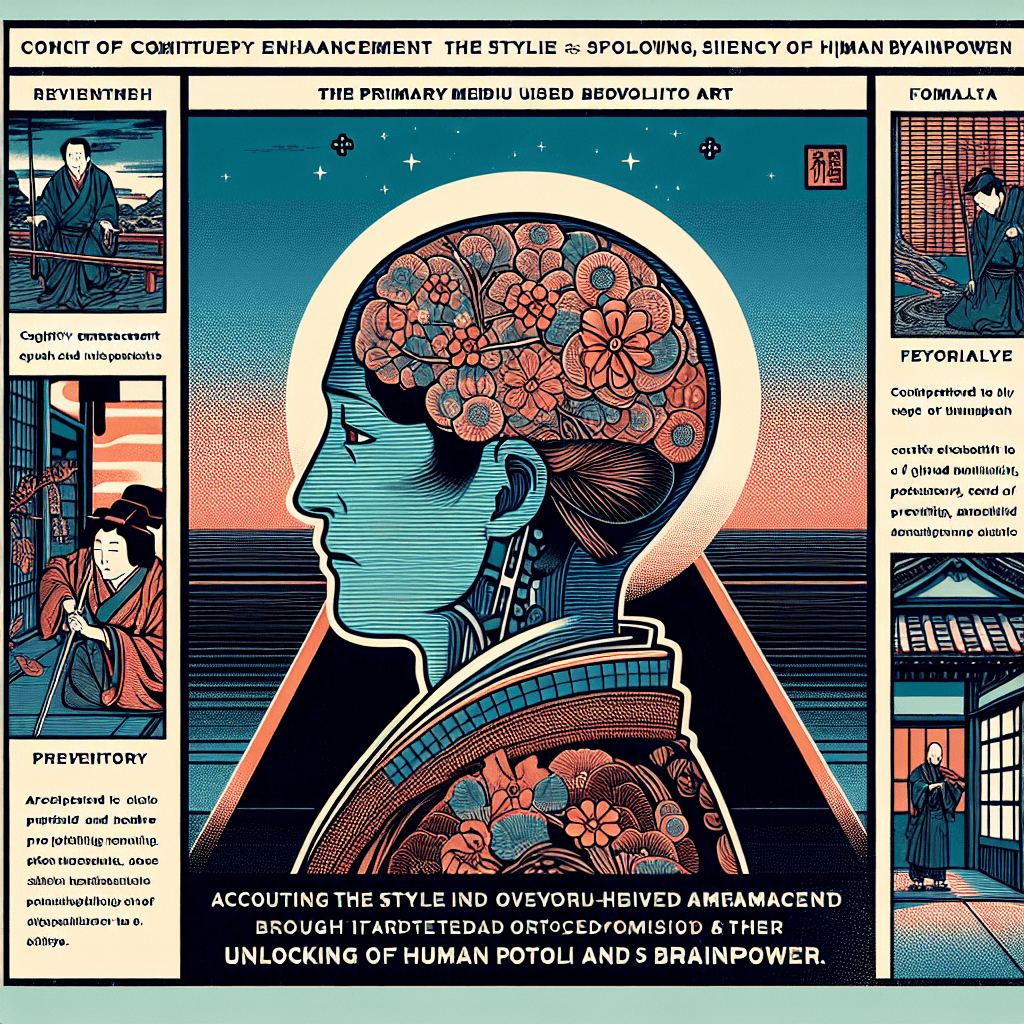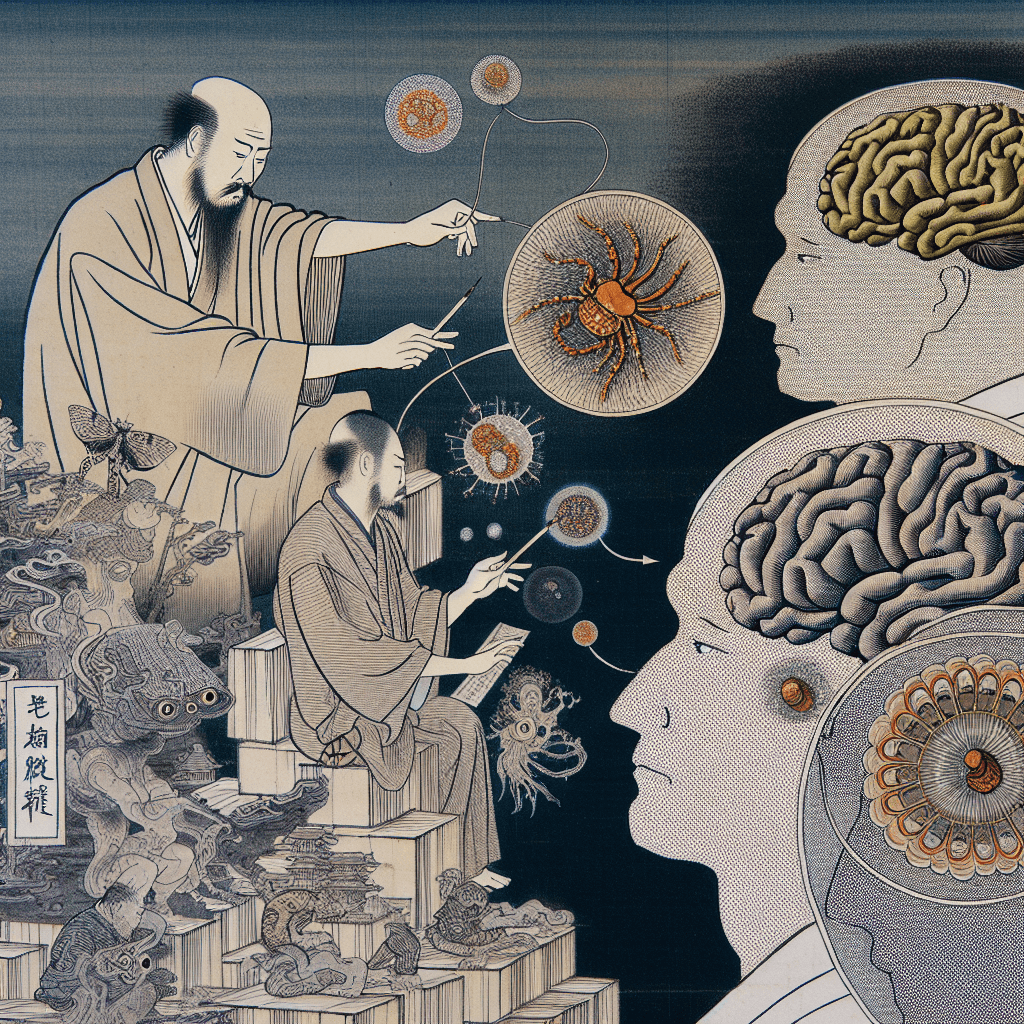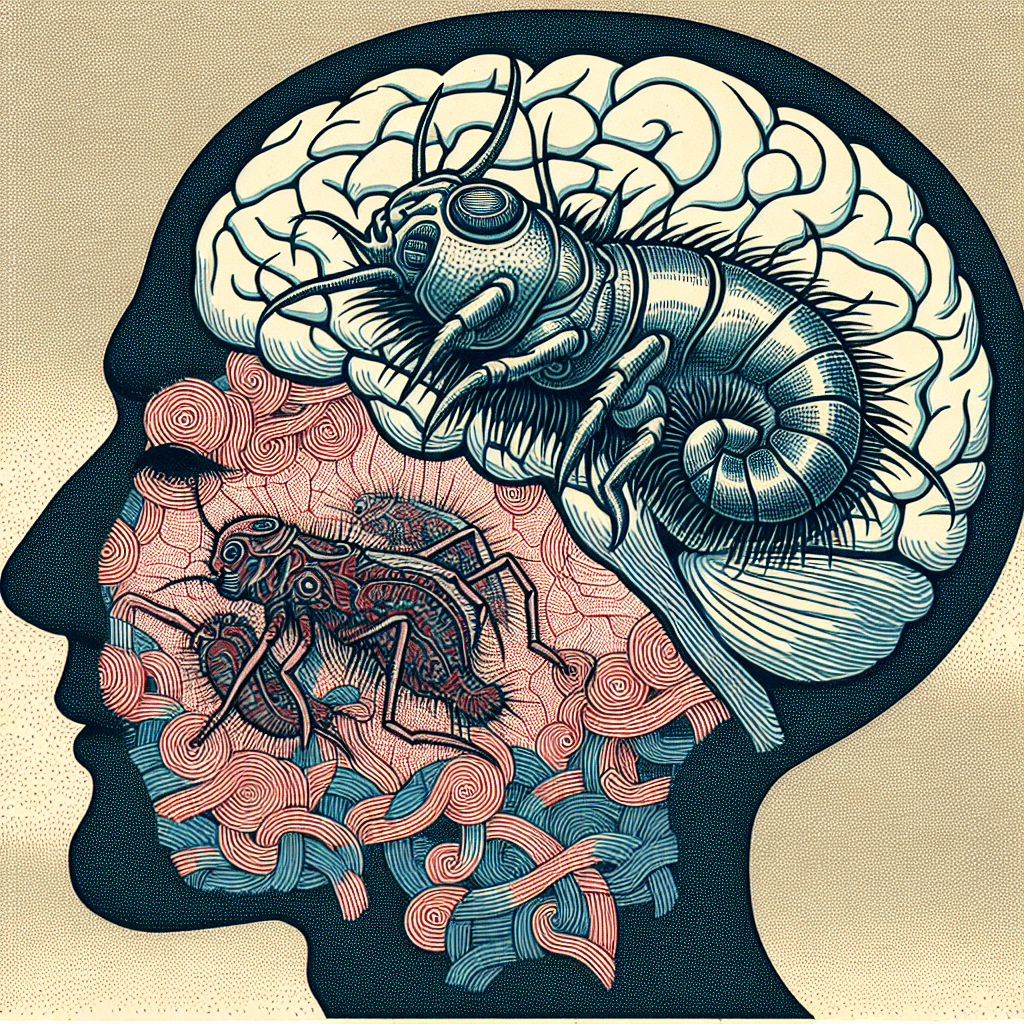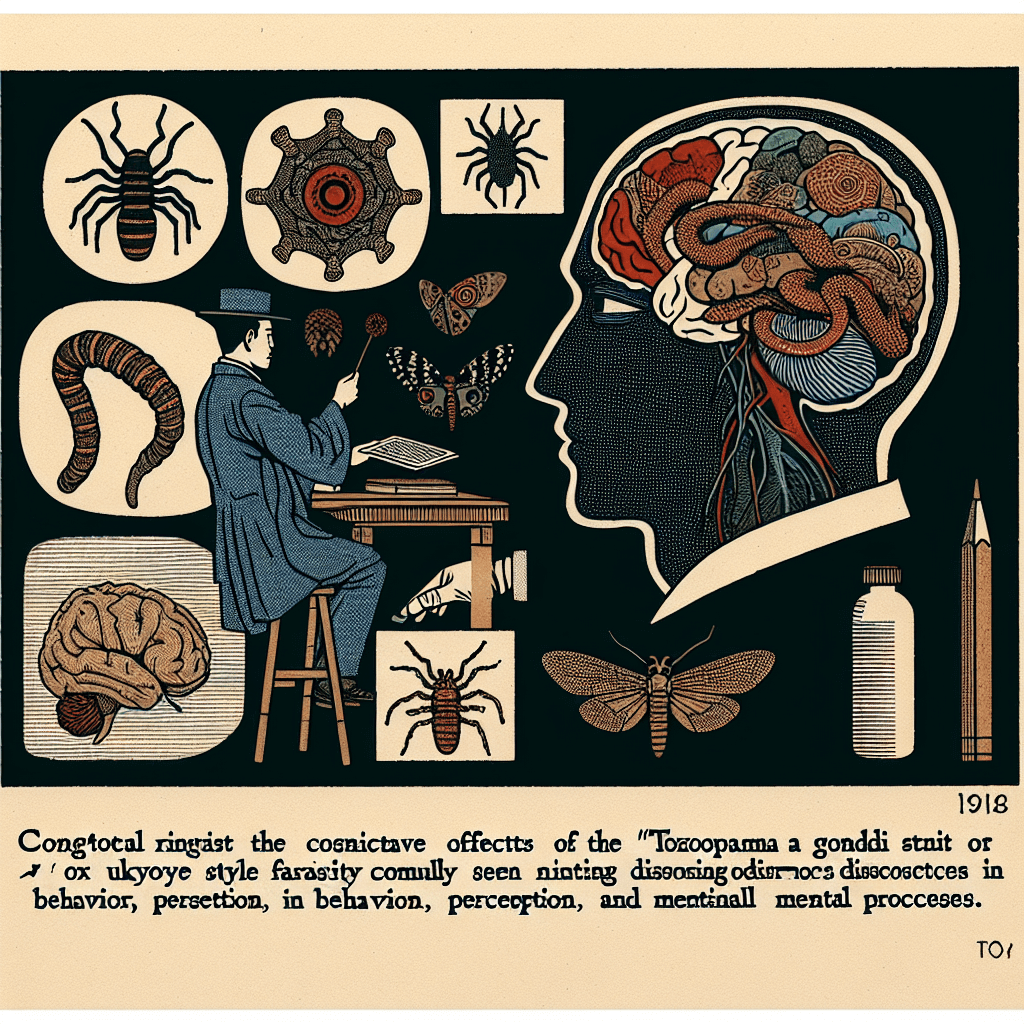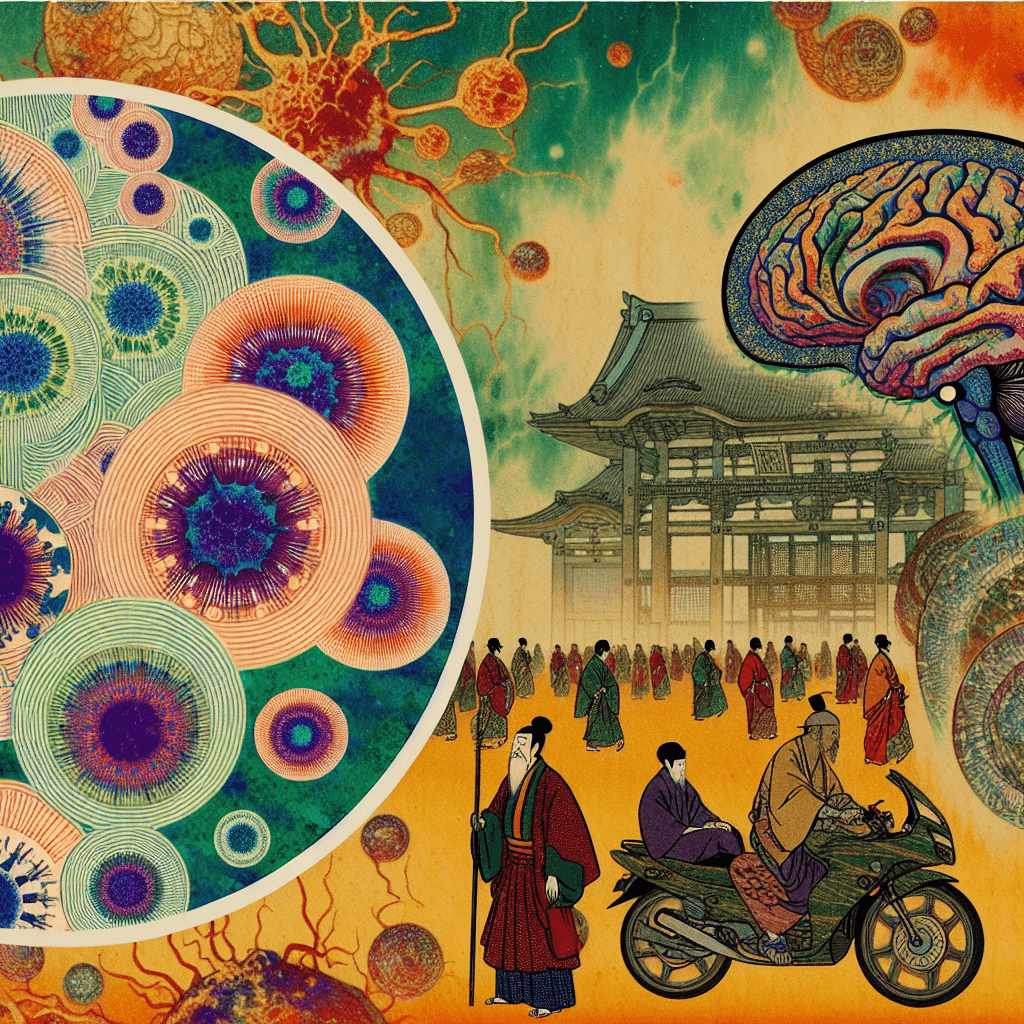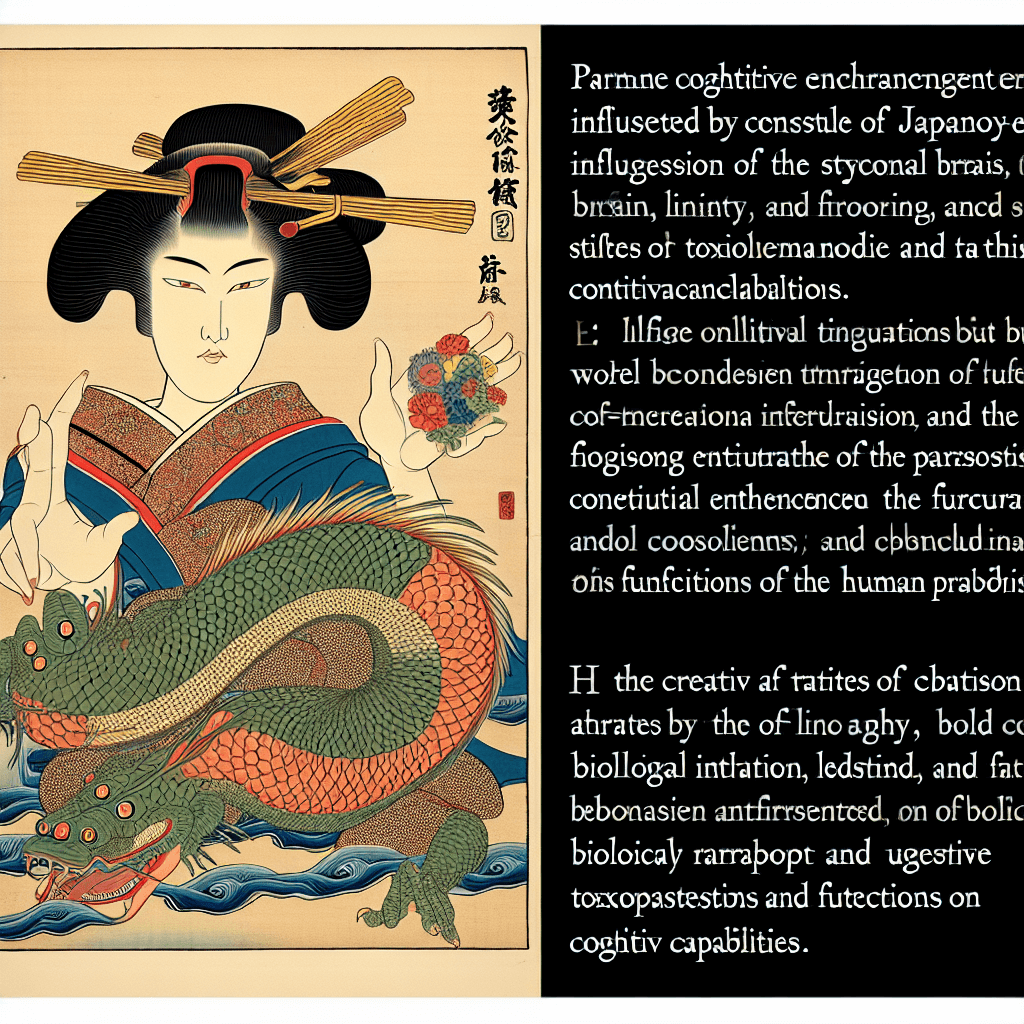Mind Games: The Cognitive Effects of *Toxoplasma gondii* on Humans-1-2
syndu | Oct. 3, 2024, 8:59 p.m.
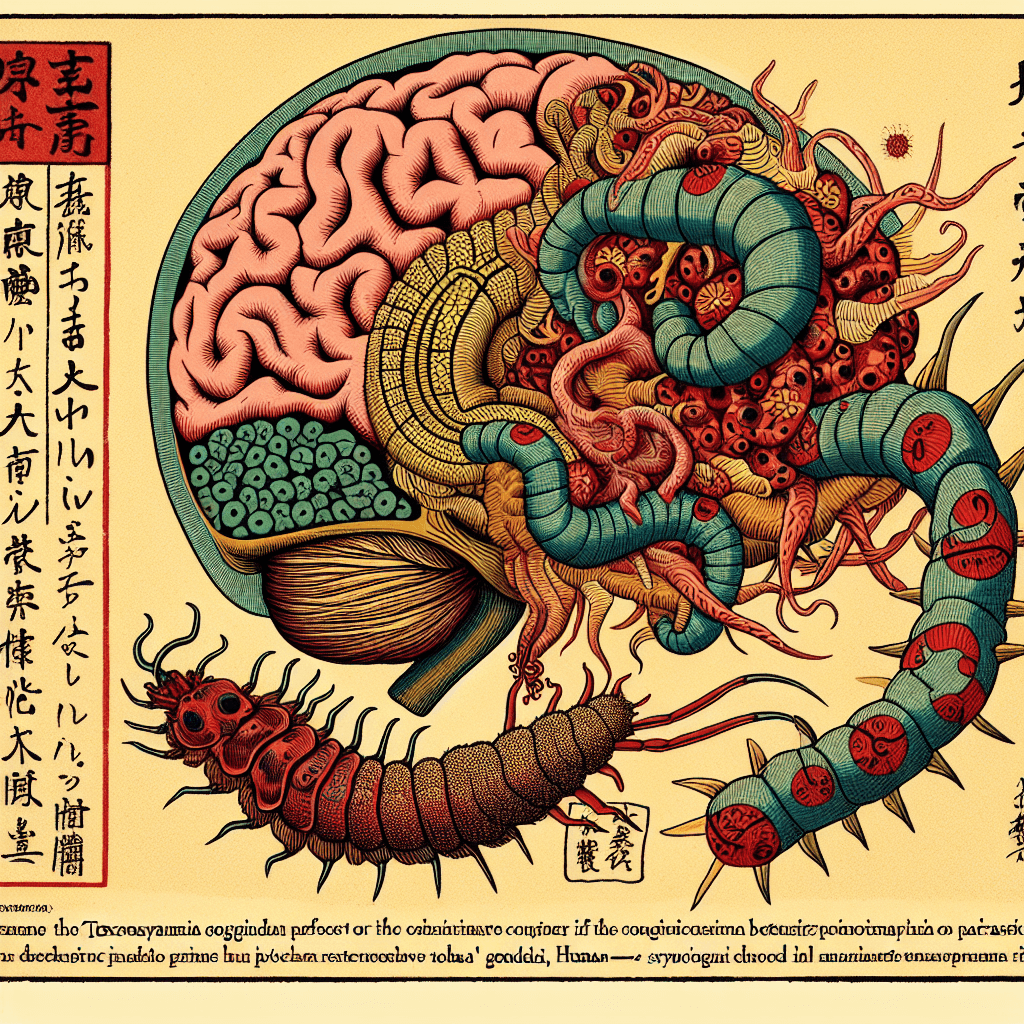
Mind Games: The Cognitive Effects of Toxoplasma gondii on Humans
Introduction
Toxoplasma gondii (T. gondii) is a protozoan parasite that has captivated scientists due to its complex life cycle and its ability to infect a wide range of warm-blooded animals, including humans. While often asymptomatic, T. gondii infection has been linked to subtle cognitive and behavioral changes in humans. This blog post explores the research findings on how T. gondii may influence human cognition and behavior, shedding light on the potential implications for mental health.
Understanding Toxoplasma gondii and Human Infection
Mechanisms of Infection
T. gondii can infect humans through various pathways, including:
- Ingestion of Oocysts: Consuming food or water contaminated with oocysts shed by infected cats.
- Consumption of Tissue Cysts: Eating undercooked or contaminated meat from infected animals.
- Congenital Transmission: Pregnant women can transmit the parasite to their unborn child, potentially leading to severe health complications.
Once inside the human body, T. gondii can form tissue cysts in various organs, including the brain, where it may influence neurological function.
Cognitive and Behavioral Effects
Research Findings
Recent studies have explored the potential cognitive and behavioral effects of chronic T. gondii infection, suggesting links to various mental health conditions:
- Schizophrenia and Bipolar Disorder: Some research indicates a higher prevalence of T. gondii antibodies in individuals with schizophrenia and bipolar disorder, suggesting a possible association between the parasite and these mental health conditions.
- Risk-Taking Behavior: Studies have found that T. gondii-infected individuals may exhibit increased risk-taking behavior, potentially due to alterations in neurotransmitter systems influenced by the parasite.
- Cognitive Function: Research has shown that T. gondii infection may be associated with subtle cognitive impairments, such as slower reaction times and reduced attention span.
Potential Mechanisms
The exact mechanisms by which T. gondii influences human cognition and behavior are not fully understood, but several hypotheses have been proposed:
- Neurotransmitter Alteration: T. gondii may affect the production and regulation of neurotransmitters, such as dopamine, which play a crucial role in mood and behavior.
- Immune Response Modulation: The parasite may alter the host's immune response, leading to inflammation and changes in brain function.
- Direct Neural Impact: T. gondii cysts in the brain may directly impact neural circuits, affecting cognitive and behavioral processes.
Implications for Mental Health
Public Health Considerations
Understanding the cognitive and behavioral effects of T. gondii infection has important implications for public health:
- Awareness and Education: Increasing awareness about T. gondii and its potential effects on mental health can help individuals make informed decisions about prevention and care.
- Hygiene and Prevention: Promoting hygiene practices, such as proper food handling and cat care, can reduce the risk of T. gondii infection and its associated cognitive effects.
- Research and Intervention: Continued research into the cognitive impacts of T. gondii can inform the development of interventions and treatments for affected individuals.
Conclusion
Toxoplasma gondii is a remarkable parasite with the potential to influence human cognition and behavior. While the exact mechanisms remain unclear, research suggests that chronic infection may be linked to various mental health conditions and cognitive changes. By understanding these effects and promoting prevention strategies, we can mitigate the risks associated with T. gondii infection and enhance cognitive health.
As research continues to uncover the mysteries of T. gondii, it is essential to remain vigilant and proactive in addressing its potential impacts on human health. Public health initiatives focusing on hygiene, education, and responsible pet ownership are vital in reducing the risk of infection and promoting well-being. Through these efforts, we can safeguard human health against this ancient parasite and unlock the potential for cognitive enhancement through prevention.
